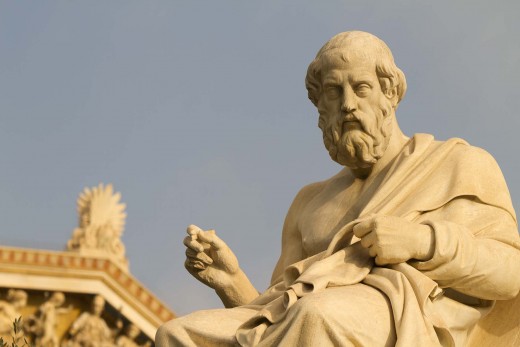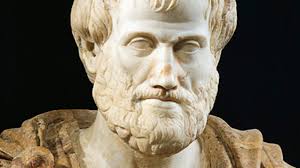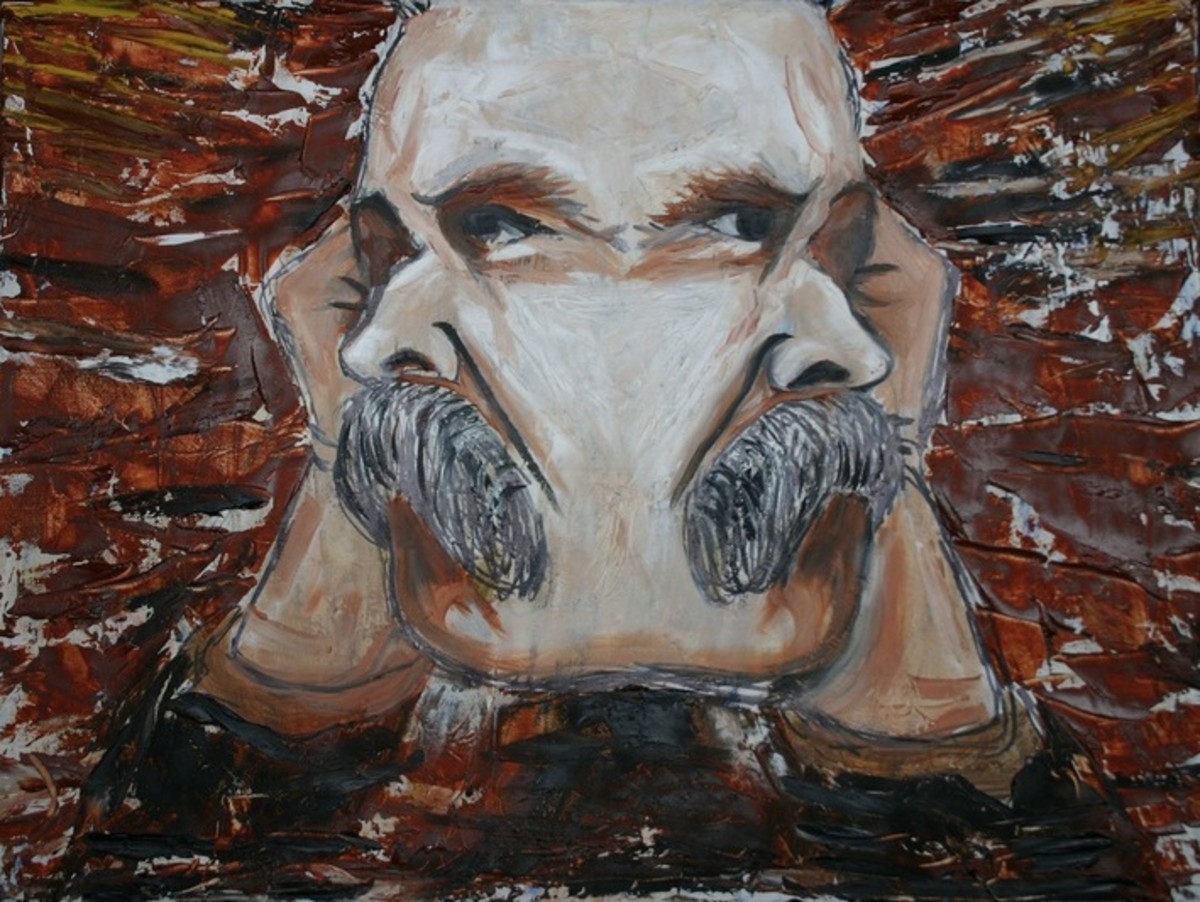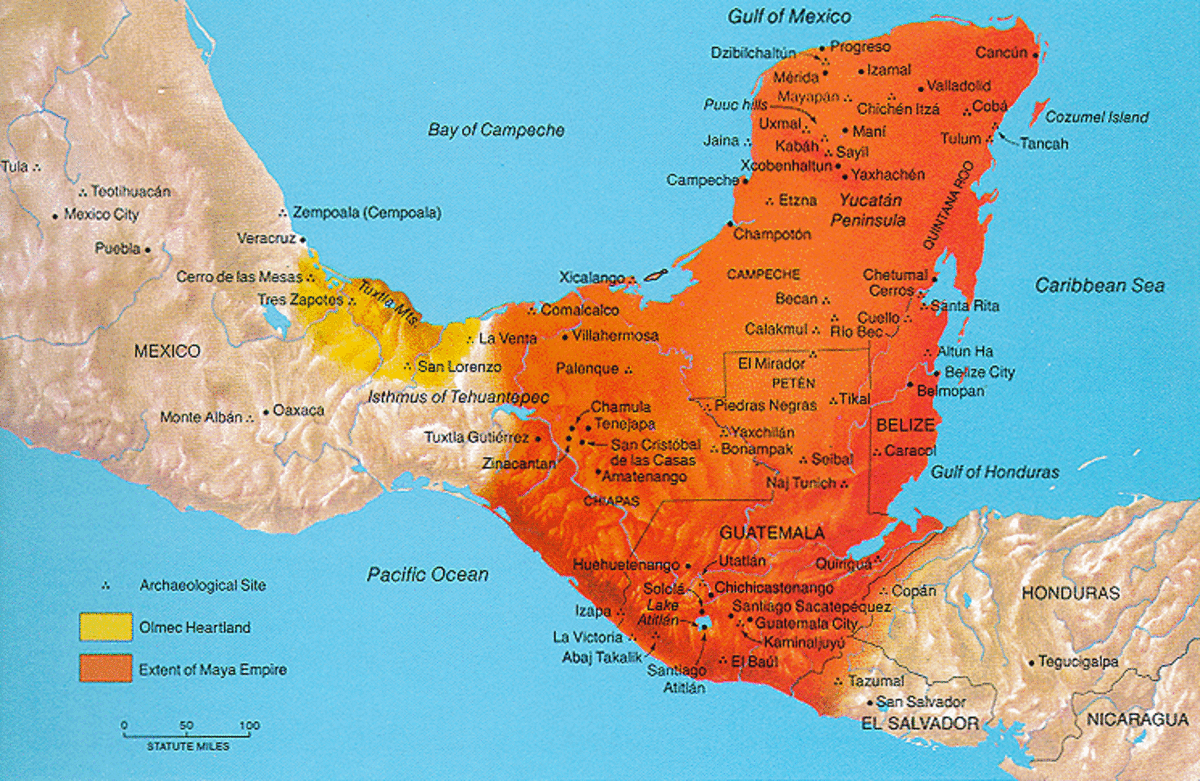The evolution of the concept of Natural Law and Thomas Aquinas’ contribution to it

Natural Law is a general term given to a school of thinkers. Many philosophers who lived over a period of about 2000 years belonged to this school.
Natural law includes thinking such as that there is a necessary connection between law and morals and that laws should be just and fair. There is one common theme on which the entire philosophy is based. That is – there are certain principles of justice and fairness that are discoverable through human reason. Natural law is a legal theory that recognizes law and human morality as deeply connected. Morality relates to what is right and wrong and what is good and bad. Natural law thinkers believe that human laws are defined by morality and not by an authority figure like a king or a government. Therefore, humans are guided by human nature to figure out what the laws are and to act in conformity with those laws.
The term natural law is derived from the belief that human morality comes from nature. Everything in nature has a purpose. According to natural law theorists, our purpose is to live a good, happy life. Therefore, actions that works against that purpose, that means, actions that would prevent a fellow human from living a good, happy life are considered unnatural or immoral.
Laws too have a purpose. That is to provide justice. From natural law perspective, a law that does not provide justice (an unjust law) is considered “not a law at all”. Therefore no one should follow that type of laws. Any law that is good is moral and any moral law is good. Legal Positivism is a legal theory that is the opposite of the natural law theory. Legal positivists believe that a law can be deeply flawed and yet still be considered a law.
Natural law thinkers believe that the knowledge gained through reason that means a sufficient ground of explanation or a logical defence, is superior to the knowledge gained through sensory perception. That means the knowledge gained through observation which is known as empirical knowledge on which scientists mostly depend. Therefore, it is their view that man made law should conform to these highest principles of right conduct.
Although the ideas of justice or right and wrong are present in all human minds, the contents of these notions vary from person to person, time to time and place to place. For example, there are people who believe that abortions should be allowed. At the same time there are people who believe that it is wrong to take the life of an unborn child. Therefore, the principles of right and wrong are subjective and relative.
Common features of the natural law school are that:
- Every human being has an idea of what is right and what is wrong and just and fair.
- What is right and just is the higher law.
- Higher law is discoverable by reason.
The approach of the natural law thinkers is very similar to the approach of eastern philosophies and religions which believe that the mind is superior to matter. The development of natural law philosophy can be studied in relation to four periods in history.
- The classical period
- The middle ages
- The renaissance period
- The modern period



The classical period
This was dominated by the ancient Greeks and Romans. The method of Socrates was replying to questions and generating discussions. Since he did not write any of his teachings very little is known today. It was his student Plato who wrote series called The Dialogue based on discussions with Socrates. Plato believed that the statesmen should be philosophers. He believed that the ultimate justice is discoverable through reason. He said that states fail and become corrupt because their leaders are not wise.
Aristotle was Plato’s pupil. He founded his own school the Lyceum. He emphasised that humans are rational beings and as such all men and women by nature have a desire to know the truth. He believed that there are certain universal and immutable standards discoverable through reason and man-made law should conform to these standards.
Roman magistrates relied largely on common sense and reason. They developed a separate branch of law called jus gentium. It later became the foundation for international commercial law.

The middle ages
This period is marked by a decline in the study of classics of Greeks and Romans. Emphasis was placed on religion and faith. The two prominent philosophers in this period were St. Augustine and St. Thomas Aquinas.
St. Thomas Aquinas was one of the leading Christian theorists of the period known for his unique formulation of natural law. He attempted to harmonize the teachings of the Greek philosophers specially those of Aristotle with beliefs of the Catholic Church though his ideas were hazardous to the Christian faith. Eventually, Aquinas’ teachings gained recognition by the religious authorities.
Aquinas pointed out that human beings differ from other living beings because of their ability to think reflect and reason out. According to him, the law consists of four types of rules.
1. Eternal Law – Lex eterna
This is known only to the super intelligence that is God.
2. Divine Law – Lex divina
This is the part of the eternal law that is revealed to men by God through holy scriptures.
3. Natural Law – Lex natura
This the part of the divine law that is understood by men through reason.
4. Human Law – Lex humana
This is the man-made law which should conform to the natural law.
Aquinas said that if man-made law conflicts with natural law, in major areas, then that man-made law should not be obeyed by the subjects. A government or a ruler who abuses its authority by enacting unjust laws, loses the right to obedience from the people.

The Renaissance period
In this period, the influence of the catholic church diminished due to the teachings of reformers and emergence of protestant churches. Instead of relying on scriptures, they looked at the purpose of the human life to extract natural law principles. During this period, there was a shift from natural law to principles of natural rights. It is the forerunner of human rights of modern day. According to them, all men and women have been born free and equal. As such, human beings were entitled to certain inalienable rights such as right to life, freedom from arbitrary arrest, self determination etc.

The modern period
At the beginning of the 19th century, the interest in natural law thinking declined. The reasons were:
- Emergence of scientific knowledge. Scientists depend on observable data and not on theories.
- Natural law was used by different people for various wants. For example, the Christian thinkers used it to defend the teachings of the church.
During this period, a school of thinkers called Positivists came to the lime light.
However, after the second world war, natural law gained acceptance again due to several reasons. The world community found that accepting positive law or laws passed by rulers without questioning the moral content of them was a dangerous phenomenon which will bring disaster to mankind.








